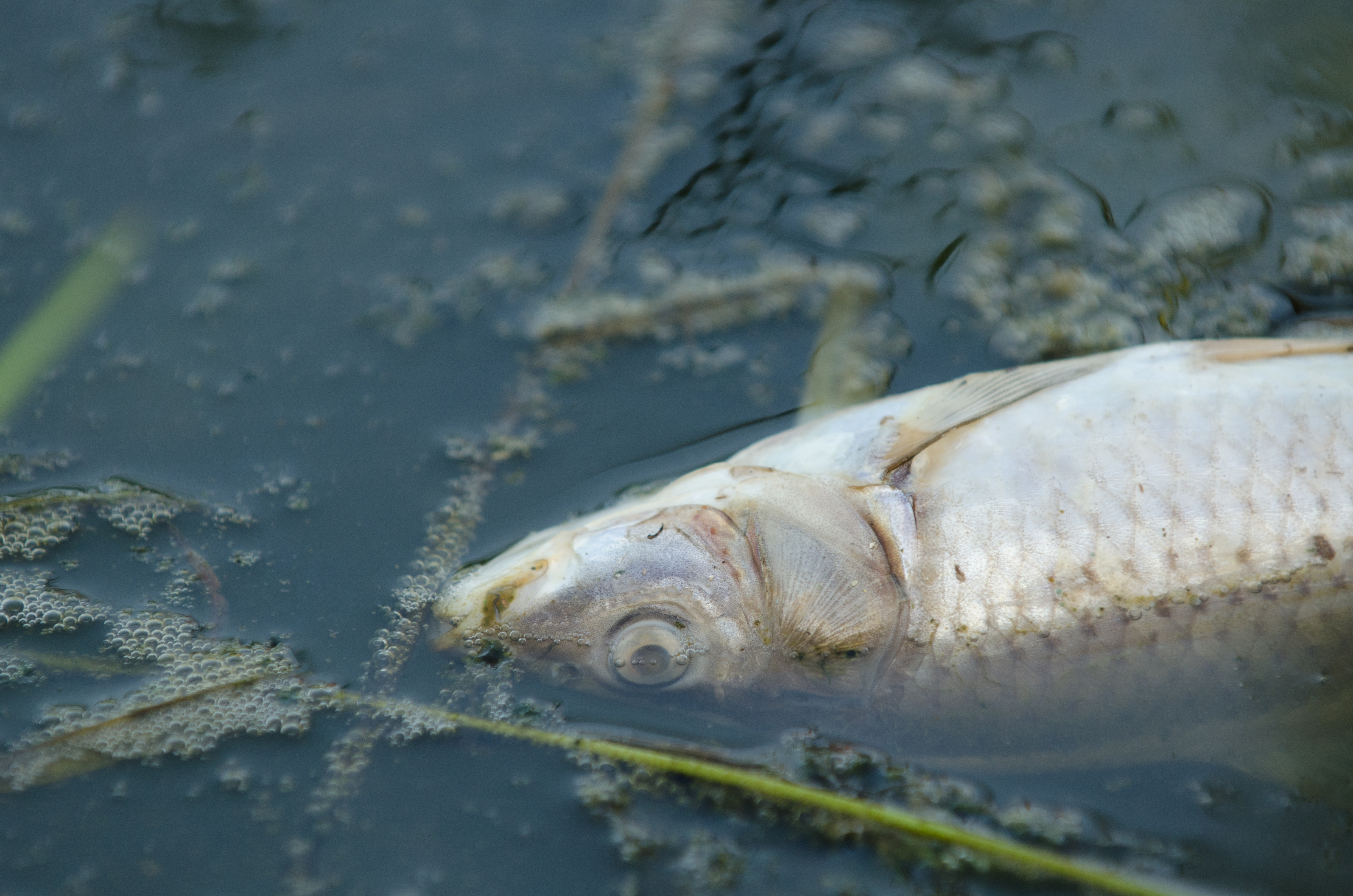



Penang pig farmers held accountable for pollution scare
Malaysian government has warned local pig production units that action is being taken against those that continue to discharge untreated pig waste into the seaThe Penang state government will has vowed to work with key stakeholders in stopping pig farms from disposing of untreated pig waste into the sea after the effects of sewage pollution became apparent along Penang coastlines.

Marine biodiversity has been dramatically affected by the ammonia-dense sewage being dumped into the water and the daily life of local citizens has been impacted by the strong odours emanating from the coastline waters.
According to FMT news, State Agriculture, Agro-based Industries, Rural Development and Health committee chairman Dr Afif Bahardin said the stench of the raw waste was affecting those living along the coast while the waste itself was depleting the fishermen’s catch.
“I’m very upset over the irresponsible acts of some pig farmers who have failed to properly supervise their farms. The state government will not compromise but will take stern action against the pig farmers who do not meet the set procedures. We also hope that the more open pig farms will be converted into enclosed ones soon.”
In November 2016, the Penang state assembly passed a law to ensure that all pig farms convert to an enclosed system where pig waste is properly disposed of. However, most pig farms currently remain as open environments.
Under the Penang Pig Farming Enactment 2016, farmers who do not follow the law face a maximum of three years in jail. This said, the law only comes into effect on 1 January, 2020, to give farm owners time to upgrade their farms. In the meantime, local council laws and federal government laws are applicable to piggeries in Penang.
In an interview with The Star, Universiti Sains Malaysia marine biologist Datuk Prof Dr Aileen Tan said animal sewage should always be treated before being released into the sea.
“If this activity continues, we may start to lose our marine animals. The best thing is for such farms to invest in sewage treatment. There is no shortcut.
“The farm operator has to do something. It is their responsibility and commitment,” she said.
Malaysian authorities will continue to monitor pig waste disposal and encourage pig farms to invest in more environmentally responsible farming methods.







